Content
Free Mental Health Assessment
Common Female Anxiety Attack Symptoms

When anxiety attacks, it’s normal to feel overwhelmed and out of control.
You might experience an anxiety attack — such as a bout of intense anxiety — or a panic attack — a short period of intense fear and panic with many physical and mental symptoms.
Women’s panic attack symptoms are similar to men’s. But as a woman, you’re more likely to experience trouble breathing or feeling faint or smothered. You’re also more likely to have a panic attack in the first place.
Luckily, there are ways to reduce the severity and frequency of panic attacks. Read on for the symptoms to look out for, triggers, treatments, and how to calm an attack when you’re in the throes of one.
Content
Anxiety Attack vs. Panic Attack
Anxiety attacks can mean a couple of things. First up, anxiety is a feeling of relative unease and excessive worry. Panic, on the other hand, is a more severe and intense anxiety, and the one responsible for the “attacks” you’re probably thinking of.
Let’s get some key terms out of the way:
Anxiety attack. This isn’t a medical term, but it could refer to either a panic attack (see below) or a period of intense anxiety. For example, you might get a rush of nerves before walking into an interview or feel more anxious than usual for a few weeks when you’re under a lot of stress. Doctors use the medical term “limited symptom attack” to describe an anxiety attack that isn’t severe enough to be considered a full-blown panic attack, which requires the presence of at least four of the symptoms described below.
Panic attack. This is a medical term and refers to a sudden surge of intense fear and discomfort. It’s the breathing-into-a-paper-bag kind of panic — the one people often mistake for a heart attack. Panic attacks can reach their peak within minutes and have a range of mental and physical symptoms. There’s often no trigger for panic attacks and you might get a few panic attacks a day or a few a year.
Panic disorder. This is when you have frequent panic attacks. You can have panic attacks without developing panic disorder. If you have panic disorder, you might worry about your next panic attack or avoid situations where you’ve had panic attacks in the past.
You might feel anxiety due to everyday stresses in life or have an anxiety disorder such as:
Generalized anxiety disorder (GAD)
A phobia, like social anxiety disorder or a fear of flying
Common Female Anxiety Attack Symptoms
There are some common women’s anxiety attack symptoms, but — before we jump into the list — know that your panic attack symptoms may look very different from someone else’s panic attack symptoms.
Mental symptoms of a panic attack include:
Intense panic, fear, or discomfort
Feelings of impending doom
Feeling out of control
Derealization (feeling detached from your surroundings)
Depersonalization (feeling detached from yourself)
Feeling like you’re having a heart attack or dying
Physical symptoms of a panic attack include:
Sweating
Trembling or shaking
Chest pain
Heart palpitations or a pounding or racing heart
Shortness of breath
Nausea
Stomach pain or an upset stomach
Dizziness, unsteadiness, or light-headedness
Feeling faint or smothered
Feeling chills or heat sensations
Paresthesias (tingling, numbness, or pins and needles)
Does Gender Change Your Symptoms?
Gender may have little effect on your anxiety attack symptoms. Some research from way back in 1998 found that both men and women experience the same range and severity of symptoms.
But it did find that women are more likely to have panic disorder with agoraphobia — this is an intense worry or fear of being in a place that could be difficult to escape. You might experience anxiety standing in a crowd or when using public transport, for example.
Other research — this time from 2002 — found that women are more likely to experience respiration-related difficulties during a panic attack compared to men.
This could include:
Trouble breathing
Feeling faint
Feeling smothered
What gender definitely impacts is your risk of having a panic attack or anxiety disorder in the first place.
The numbers are all over the place depending on the particular question you ask, but regardless of what source you’re reading, research generally finds that women are multiple times more likely than men to develop anxiety disorders.
In the case of panic attacks, women are more than twice as likely as men to have panic disorder.
This means that the clearest point we can make is that, as a woman, you should be twice as willing — at minimum — to seek treatment when you experience symptoms of panic attacks or anxiety attacks, or begin experiencing any of the telltale signs of anxiety disorders.
Treatment can help you get your anxiety under control and identify any underlying causes of your panic attacks.
What Causes Anxiety Attacks in Women?
It’s not entirely clear what causes anxiety attacks in women — or in men for that matter. Often, there’s no specific trigger for panic attacks.
Panic disorder, on the other hand, may be caused by:
Genetics — you’re more likely to have panic disorder if you have a family history of the condition
Differences in brain biology and chemistry
Your environment
Major stress
Trauma, especially living through a traumatic event in your childhood
It’s also possible that hormonal changes during your menstrual cycle could contribute to anxiety disorders.
How to Calm an Anxiety Attack
Truth be told, you’ll likely struggle the first few times you experience a panic attack. The severe and sudden symptoms can make you feel like you’re going to die, like your heart is about to explode, or like your body is shutting down in front of you.
It can be frightening and not easy to soothe. But these feelings will pass.
The important first step is just to make it through the ten minutes or so it takes for the symptoms to peak.
During this time, research shows breathing exercises can help reduce your anxiety.
After your racing heart and other symptoms subside, it’s time to work on prevention — which starts with getting help.
The good news about anxiety attacks and panic attacks is that they are treatable.
The best treatment for you will depend on which type of anxiety disorder you have and your personal circumstances — but it probably won’t vary for men and women.
Generally, there are three key elements of treatment:
Psychotherapy
Anxiety medications
Lifestyle changes
Let’s look at each of these separately.
Psychotherapy
Therapy is one of the most effective tools for managing the symptoms of panic disorder and the underlying feelings of anxiety that can often lead to panic attacks.
There are many different types of therapy, including:
Group therapy
Exposure therapy
The current gold standard is CBT. CBT helps you identify, isolate, and eventually suppress the sudden feelings and intrusive thoughts that can lead to anxiety.
With some practice, CBT can help you control those feelings of anxiety in everyday situations.
Anxiety Medications
Anti-anxiety medications include:
Antidepressants. Antidepressants like selective serotonin reuptake inhibitors (SSRIs) help by increasing serotonin levels in your brain. This can improve your mood.
Beta-blockers. Beta-blockers can stop some of the physical symptoms of anxiety attacks, like a rapid heart rate, tremors, and sweating. They can be useful if you experience anxiety attacks or performance anxiety before a certain situation, like public speaking.
Benzodiazepines. Benzodiazepines can quickly stop panic attack symptoms, but you can build up a tolerance to them and develop a dependence on them, so they’re not ideal for everyone or for long-term use.
A mental health professional can talk you through the pros, cons, and side effects you should know about and recommend the best anxiety medications for you.
Lifestyle Changes
That rapid heartbeat might not just be because of anxiety. Seeking medical care for other health issues and generally taking better care of yourself can help reduce panic attacks and mitigate some of the common symptoms of anxiety in women — and men.
In particular, you can ease anxiety by cutting back on:
Caffeine
Alcohol
Smoking
Recreational drugs
Incorporating some relaxation techniques, like meditation and mindfulness, into your daily life may also help reduce feelings of anxiety.
Treating Anxiety Attacks: Next Steps
Signs of anxiety attacks in women are largely the same as in men. But whatever symptoms you feel, and whether you’ve just survived your first or five hundredth panic attack, you’re probably wondering, “how do I stop this from ever happening again?”
The answer lies above, in treatment.
Reaching out for help and speaking about your panic attack symptoms can feel overwhelming and almost — almost — as scary as having a panic attack itself.
But healthcare providers are here to help and treatment can greatly improve your symptoms.
You can connect with one of our online psychiatry professionals to discuss anxiety medications. Whatever treatment you decide on, know that you can overcome anxiety attack symptoms and improve your quality of life.
10 Sources
- Anxiety & Depression Association of America. (2022). Anxiety disorders - facts & statistics. https://adaa.org/understanding-anxiety/facts-statistics
- Cackovic C, et al. (2023). Panic disorder. https://www.ncbi.nlm.nih.gov/books/NBK430973/
- McLean CP, et al. (2011). Gender differences in anxiety disorders: Prevalence, course of illness, comorbidity and burden of illness. https://www.ncbi.nlm.nih.gov/pmc/articles/PMC3135672/
- Meuret AE, et al. (2018). Hypoventilation therapy alleviates panic by repeated induction of dyspnea. https://www.ncbi.nlm.nih.gov/pmc/articles/PMC6019126/
- National Institute of Mental Health. (2024). Anxiety disorders. https://www.nimh.nih.gov/health/topics/anxiety-disorders
- National Institute of Mental Health. (2022). Panic disorder: When fear overwhelms. https://www.nimh.nih.gov/health/publications/panic-disorder-when-fear-overwhelms
- National Library of Medicine. (2024). Panic disorder. https://medlineplus.gov/panicdisorder.html
- Sheikh JI, et al. (2002). Gender differences in panic disorder: Findings from the national comorbidity survey. https://ajp.psychiatryonline.org/doi/full/10.1176/appi.ajp.159.1.55
- U.S. Department of Health & Human Services. (2021). Anxiety disorders. https://www.womenshealth.gov/mental-health/mental-health-conditions/anxiety-disorders
- Yonkers KA, et al. (1998). Is the course of panic disorder the same in women and men? https://ajp.psychiatryonline.org/doi/10.1176/ajp.155.5.596
Editorial Standards
Hims & Hers has strict sourcing guidelines to ensure our content is accurate and current. We rely on peer-reviewed studies, academic research institutions, and medical associations. We strive to use primary sources and refrain from using tertiary references. See a mistake? Let us know at [email protected]!
This article is for informational purposes only and does not constitute medical advice. The information contained herein is not a substitute for and should never be relied upon for professional medical advice. Always talk to your doctor about the risks and benefits of any treatment. Learn more about our editorial standards here.
Daniel Z. Lieberman, MD
Education
Doctor of Medicine - New York University Grossman School of Medicine, 1992
Bachelor of Arts - St. John’s College, 1985
Training
Internship & Residency - New York University Grossman School of Medicine, 1996
Medical Licenses
District of Columbia, 1996
Maryland, 2022
Virginia, 2022
Board Certifications
American Board of Psychiatry and Neurology, Psychiatry, 1997
American Board of Psychiatry and Neurology, Addiction Psychiatry, 1998
Other Certificates & Certifications
Stanford Online, AI in Healthcare Specialization Certificate, 2025
Stanford Online, Machine Learning Specialization Certificate, 2024
Affiliations & Memberships
Specialties & Areas of Focus
Mental Health
Years of Experience
33
Previous Work Experience
Professor and Vice Chair - Department of Psychiatry and Behavioral Sciences, George Washington University, 1996–2022
Publications & Research
Title: A neurotransmitter approach to the trolley problem
Published in: OBM Neurobiology
Date: 2019
URL: https://www.lidsen.com/journals/neurobiology/neurobiology-03-02-030
Title: An automated internet application to help patients with bipolar disorder track social rhythm stabilization
Published in: Psychiatric Services
Date: 2011
URL: https://psychiatryonline.org/doi/10.1176/ps.62.11.pss6211_1267
Title: Enhancing adherence to mood charting with an online version of the NIMH Life Chart
Published in: Annals of General Psychiatry
Date: 2010
URL: https://annals-general-psychiatry.biomedcentral.com/articles/10.1186/1744-859X-9-S1-S11
Title: The role of gender in single versus married patients with bipolar disorder
Published in: Comprehensive Psychiatry
Date: 2010
URL: https://www.sciencedirect.com/science/article/abs/pii/S0010440X0900128X
Title: Evaluation of the stability and validity of participant samples recruited over the Internet
Published in: CyberPsychology and Behavior
Date: 2008
Title: Pathways to change: The effect of a Web application on treatment interest
Published in: The American Journal on Addictions
Date: 2008
URL: https://onlinelibrary.wiley.com/doi/10.1080/10550490802138525
Media Mentions & Features
Washington Post, Why do passengers freak out on airplanes? Science might have the answer.
Associated Press, MillerCoors Tapping Into Millenials
The Washington Post, Holiday drinking can be hard on your health, but you can take precautions
Le Figaro (France), Daniel Z. Lieberman: «La dopamine nous pousse à acheter en nous promettant le bonheur» (Daniel Z. Lieberman: “Dopamine drives us to buy by promising us happiness”)
Men’s Health (Spain), Cómo la dopamina influye en nuestro cerebro y determina nuestra vida (How dopamine influences our brain and determines our lives).
CNBC, The psychological reason it’s so hard to work today after the riot — and how to cope
Business Insider, The reason why we self-sabotage is because our brains are wired to resist the things we want most in life
U.S. News & World Report, How Your Secrets Can Damage and Maybe Even Kill You
Why I Practice Medicine
I practice medicine because I believe that mental health is the foundation of a meaningful life. When people suffer psychologically, it touches every part of their existence—from relationships to work to the simple ability to feel joy. Because it can be so difficult for people who are suffering to find good mental health care, my mission has been to expand access through technology, so that no one is left behind.
Hobbies & Interests
I like to write in my spare time. I’ve written two nonfiction titles, Spellbound: Modern Science, Ancient Magic, and the Hidden Potential of the Unconscious Mind and the international bestseller, The Molecule of More: How a Single Chemical in Your Brain Drives Love, Sex, and Creativity--and Will Determine the Fate of the Human Race
Professional Website or Profile
danielzlieberman.com
Related Conditions
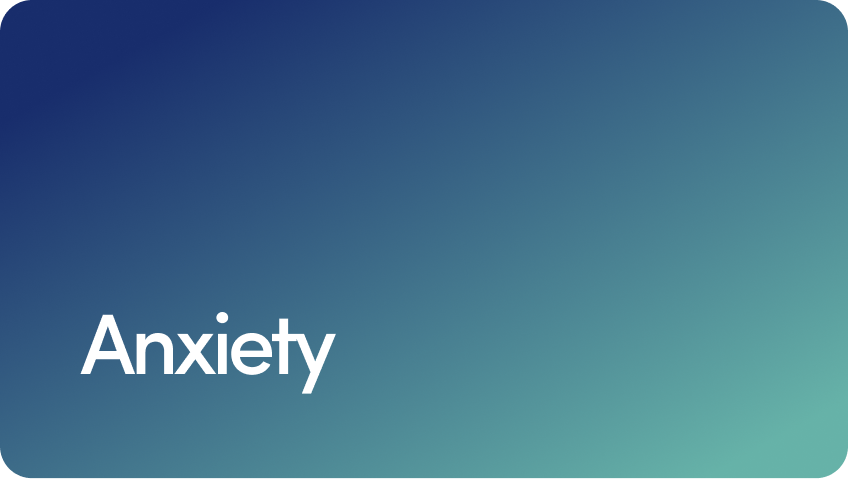 Anxiety
Anxiety
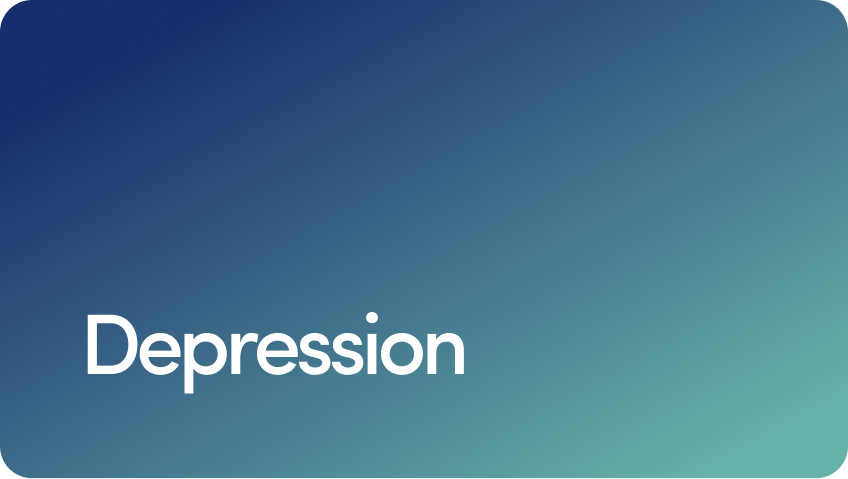 Depression
Depression
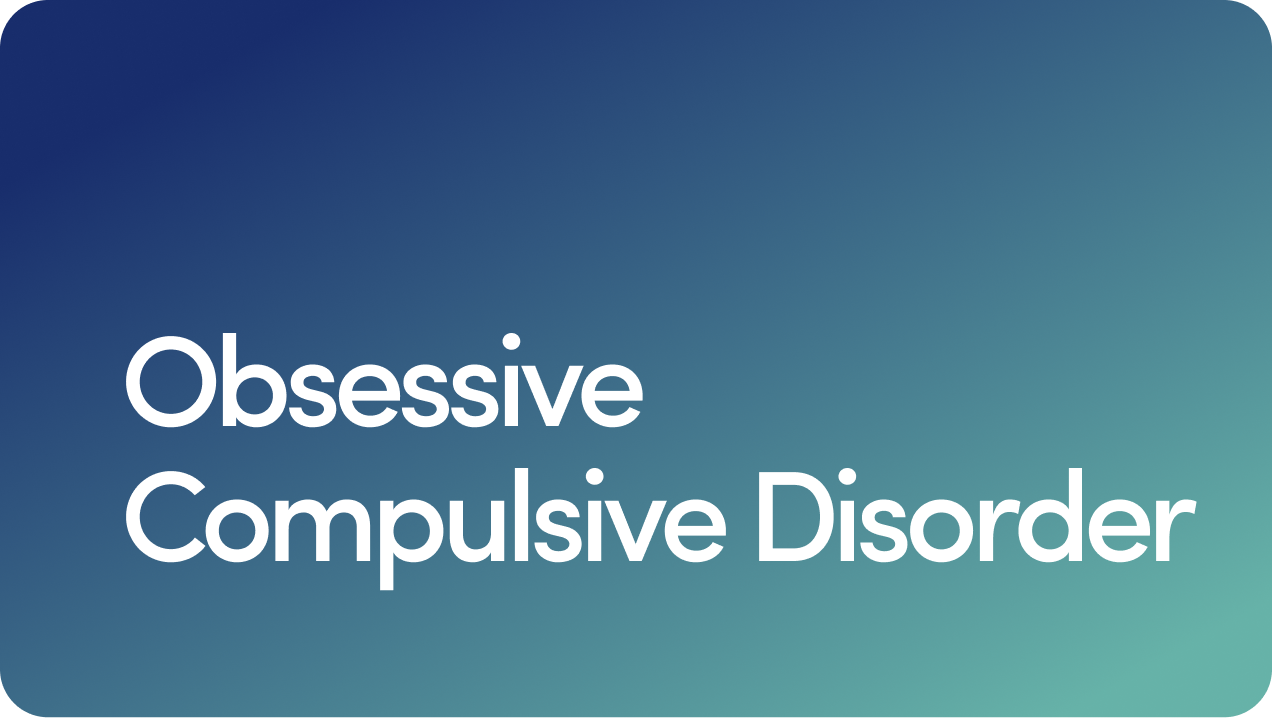 OCD
OCD
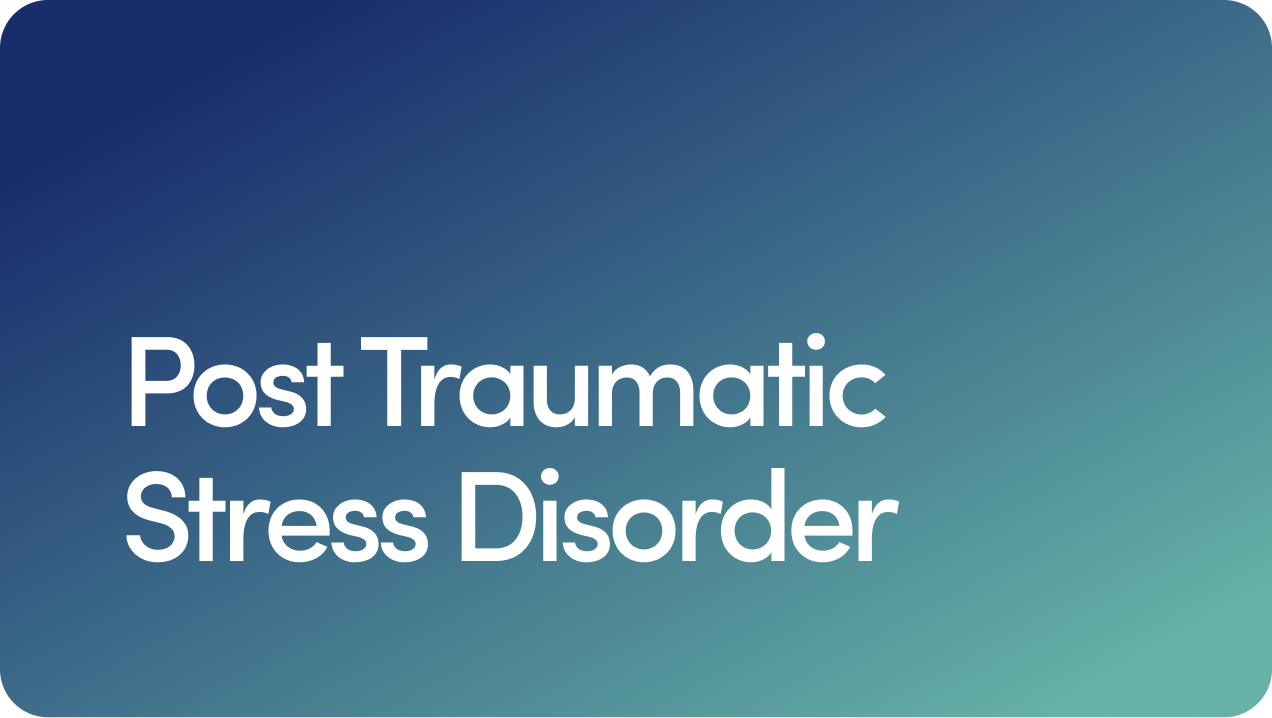 PTSD
PTSD
 Bipolar Disorder
Bipolar Disorder
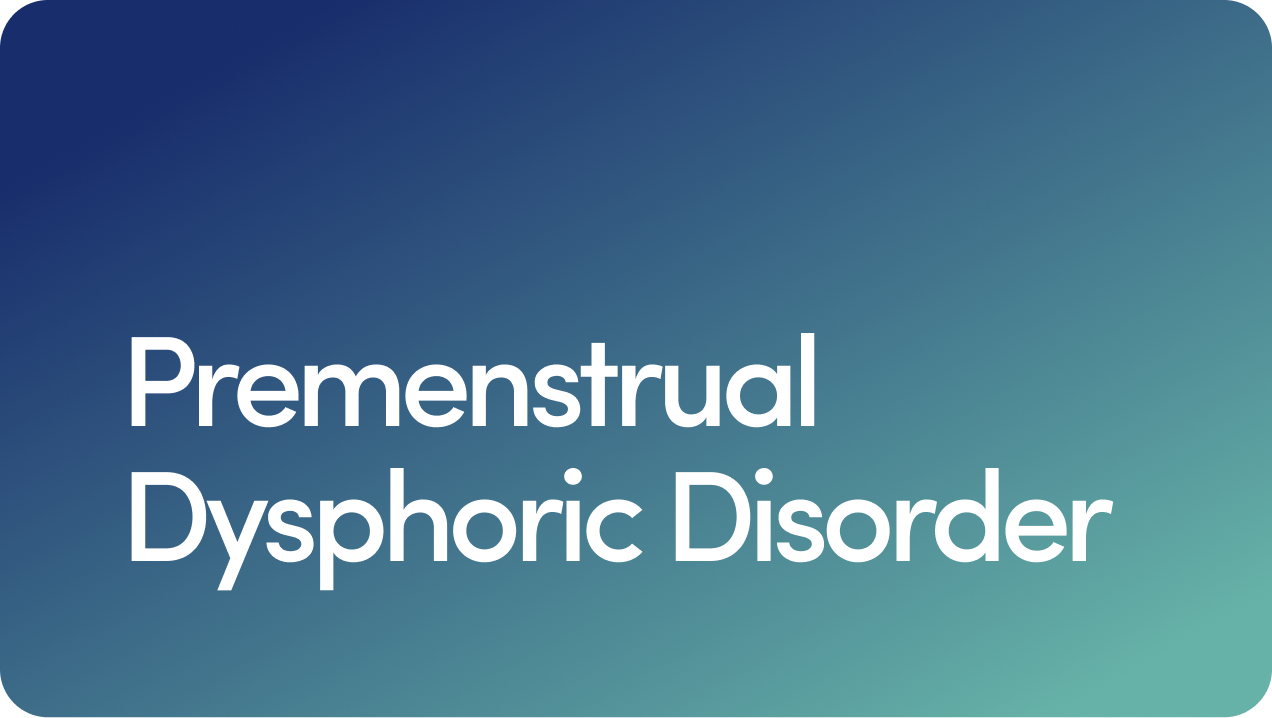 Premenstrual Dysphoric Disorder
Premenstrual Dysphoric Disorder